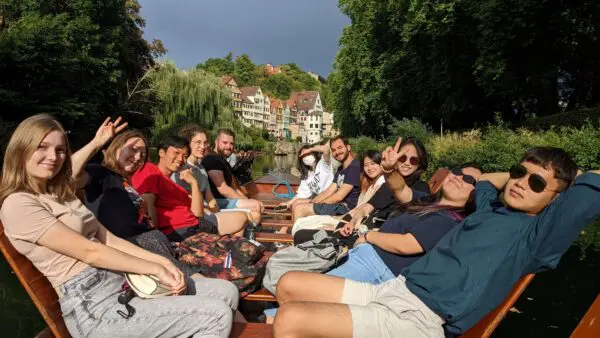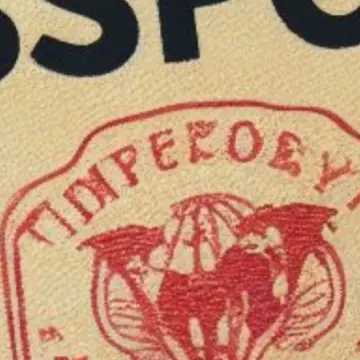
Tübingen, Germany
The EU in Permanent Crises? Perspectives, Challenges, Solutions
When:
03 August - 28 August 2026
Credits:
8 EC
Read more
Political Science
When:
17 February - 22 February 2013
School:
ECPR Winter School in Methods & Techniques
Institution:
University of Vienna
City:
Country:
Credits:
2 EC

Sequence analysis is the systematic descriptive and causal study of sequences, that is, successions of standard categorical states or events. Sequence analysis is a unique method for representing, comparing and clustering sequences, for extracting prototypical sequences and for mining sequence populations. Its core tool, the optimal matching algorithm, imported from genetics and bio-computing, screens and discriminates longitudinal processes according to the nature of events, their duration and their order.
Numerous fields in the social and political sciences are concerned with sequences: life course analysis (for example, family and residential transition from youth to adulthood), sociology of professional careers (such as gendered careers or transition to retirement), political sociology (elite and activist careers), evolution of regimes (stages of development or transition to democracy), speech analysis (rhetorical strategies), geopolitics (stages in crises or democratic transition), comparative studies (stages of diffusion of reforms or mobilizations), elections (stages of public opinion formation during campaigns), human geography (distribution of space occupation from city centre) and ethnographic practices (rituals).
Philippe Blanchard Lausanne University
advanced students and junior researchers in political science and adjacent disciplines
as above
When:
17 February - 22 February 2013
School:
ECPR Winter School in Methods & Techniques
Institution:
University of Vienna
Credits:
2 EC

Tübingen, Germany
When:
03 August - 28 August 2026
Credits:
8 EC
Read more

Budapest, Hungary
When:
06 July - 10 July 2026
Credits:
2 EC
Read more

Amsterdam, Netherlands
When:
19 January - 29 March 2026
Credits:
0 EC
Read more